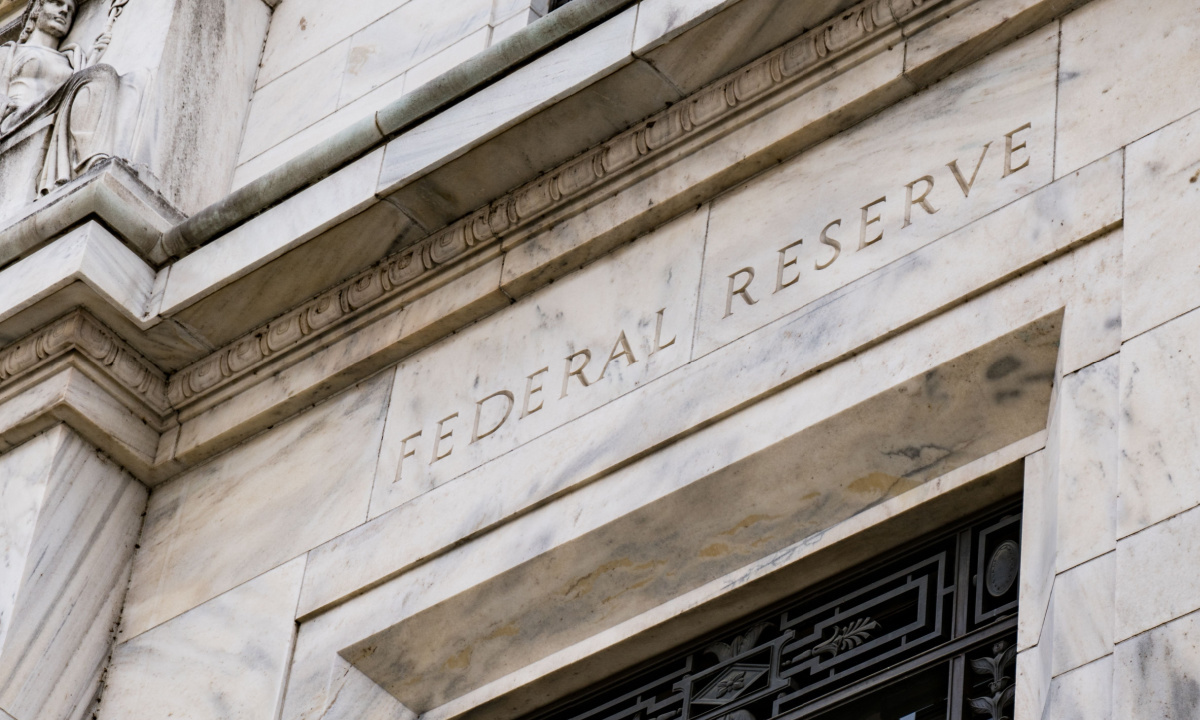Both central bankers delivered their remarks Monday at the Sibos conference in Frankfurt, Germany.
Waller said that the private sector is better able to innovate than central banks, that stablecoins are an attractive way for people in countries outside the United States to access dollar banking services, and that stablecoins will exist alongside other payment instruments while meeting the need for improved payments, according to the report.
“If stablecoins present a lower cost alternative to consumers and businesses, I am all for it,” Waller said during his speech at Sibos.
Nagel, a member of the European Central Bank’s governing council, said at the conference that stablecoins present “previously unknown risks,” that stablecoin issuers could cause bank runs or increased volatility, and that the “anchor role” of central bank money must be preserved, per the FT report.
“Therefore, we, as central banks, will not accept any developments that weaken our ability to implement monetary policy effectively,” Nagel said during his speech.
Advertisement: Scroll to Continue
It was reported Tuesday (Sept. 23) that ECB Executive Board Member Piero Cipollone said a digital euro could be rolled out in the middle of 2029 and that the effort to create a digital euro had a “major breakthrough” the previous week when relevant finance chiefs reached an agreement on how to set customer holding limits.
It was reported Sept. 21 that European Union finance ministers agreed on a roadmap for launching a digital euro backed by the ECB and that their input was considered crucial to assuage fears that a digital currency could lead to a run on traditional bank deposits.
In February, it was reported that the ECB was hoping that progress on legislative approval for a digital euro would be spurred by U.S. President Donald Trump’s endorsement of dollar-pegged stablecoins.
Trump signed into law the GENIUS Act on July 18, creating a policy framework for stablecoins in the U.S.
An effort to add a provision to that bill that would ban the Federal Reserve from issuing a central bank digital currency failed.
